UW Health officials advise caution as spring break approaches
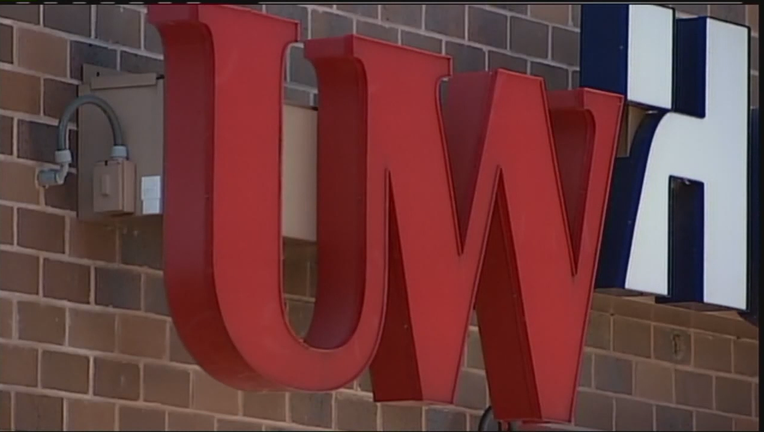
MADISON, Wis. - UW Health experts say it may be OK to take a spring break trip, but it comes with a big if.
While the last month has seen COVID-19 cases falling and vaccination rates rising, UW Health officials advise continued caution related to spring break travel. That is because in many parts of the country travel around Thanksgiving and Christmas resulted in large outbreaks of COVID-19.
"I would say spring break is more complicated than Thanksgiving and Christmas," said Dr. Jeff Pothof.
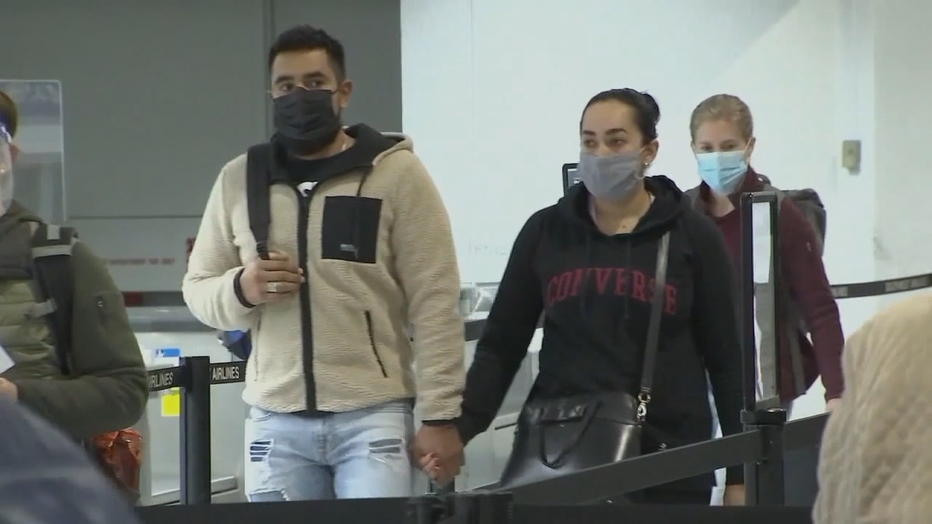
During the holidays, health officials say it was easy to recommend that people stay home due to the high number of COVID-19 cases around that time.
"With tremendous success over the past couple of months, case numbers are down throughout most of the United States," said Dr. Pothof. "It doesn’t mean COVID is gone, but it does open a window where people can, without taking on too much risk, entertain the ability to travel."
UW Health officials note that travel increases the chances of being around people (often unmasked) in close quarters at locations like airports, hotel lobbies, or gas stations which increase your chance of getting or spreading COVID-19. While things have improved, health experts say this is a critical time in the pandemic and letting our guard down too quickly could delay a return to normal in Wisconsin.
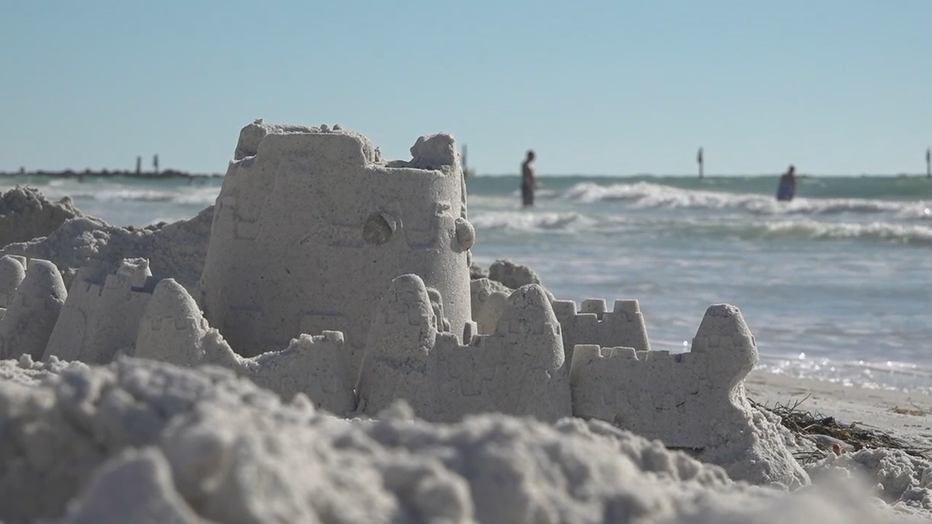
Per the latest CDC guidelines, those who have been fully vaccinated are able to safely gather together in small groups in private residences without distancing or wearing masks. If you are vaccinated and have a spring break coming up, consider seeing vaccinated friends or family you haven’t seen in a while, while avoiding the risks associated with more traditional vacations at this time.
FREE DOWNLOAD: Get breaking news alerts in the FOX6 News app for iOS or Android
If you do travel, UW Health officials say, whether vaccinated or not, it is important to wear a mask in public, practice social distancing and wash your hands. You should also consider getting tested for COVID-19 a few days before traveling and do not travel if you test positive. Travelers should review testing and vaccination requirements for their destination to avoid lengthy and costly quarantines in foreign countries or denial of entry back into the U.S.
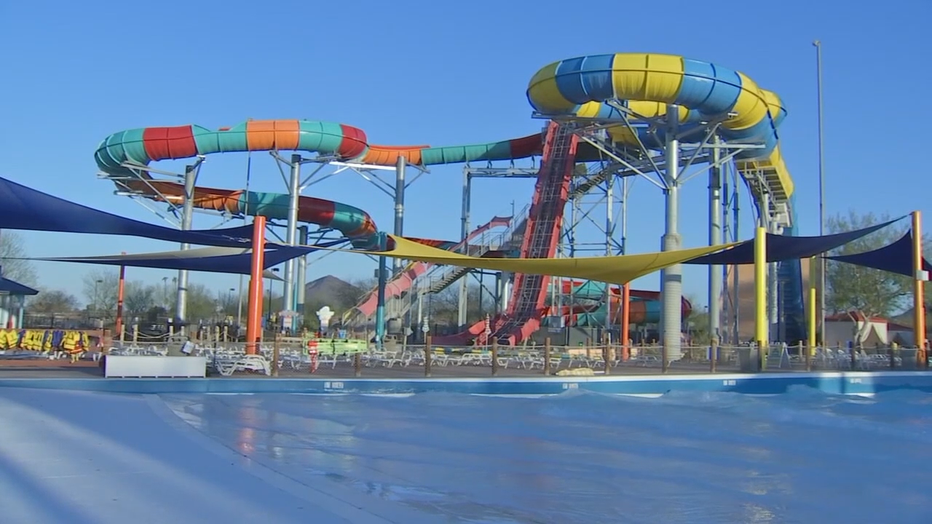
Avoid events or venues with large numbers of people. Vacations at theme parks, water parks or crowded beaches are less safe for your family. Safer options for spring break include activities limited to your immediate family or the trusted small bubble you created during the pandemic. The safest option this year with the pandemic still very active is a staycation, especially if you are unvaccinated and at increased risk of severe disease from COVID-19.
"Water parks are a good example," said Dr. Pothof. "You can’t really wear a mask at a water park, and they get busy around spring break. Things could be crowded. You could be in long lines, crowded areas with people who are probably not wearing masks. Even though you're outside, your risk still goes up."
Beaches, on the other hand, are not completely off-limits, but be mindful of where your chosen beach destination may be.
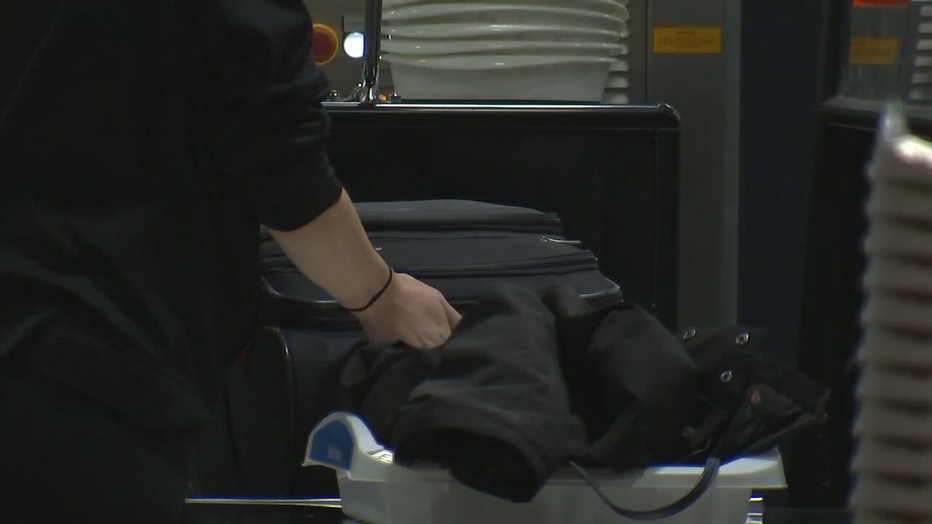
"If you were to go to a beach in a state who's lifted their mask mandates and you’re shoulder to shoulder with 1,000 other people on a beach, that’s a risk you definitely do not want to take," said Dr. Pothof.
The safest option this year with the pandemic still very active is a staycation, especially if you are unvaccinated and at increased risk of severe disease from COVID-19.
"I think now folks understand the benefits of masking and social distancing," said Dr. Pothof. "If you don’t cheat on that and follow the guidance from medical experts, you can do some of these things, not put yourself at risk, and not set us back in our fight against the pandemic."
Featured
DNC launches ads, billboard in Milwaukee after passing relief bill
The DNC launched ads and a billboard in Milwaukee, part of a nationwide Democratic victory lap after passing the $1.9 trillion COVID-19 relief bill.

Chefs, servers, restaurant hosts eligible for vaccine
On Friday, state health officials announced restaurant workers are immediately eligible to receive the coronavirus vaccine. Some restaurant owners feel this is a critical step in bringing life back into Milwaukee's restaurant scene.


